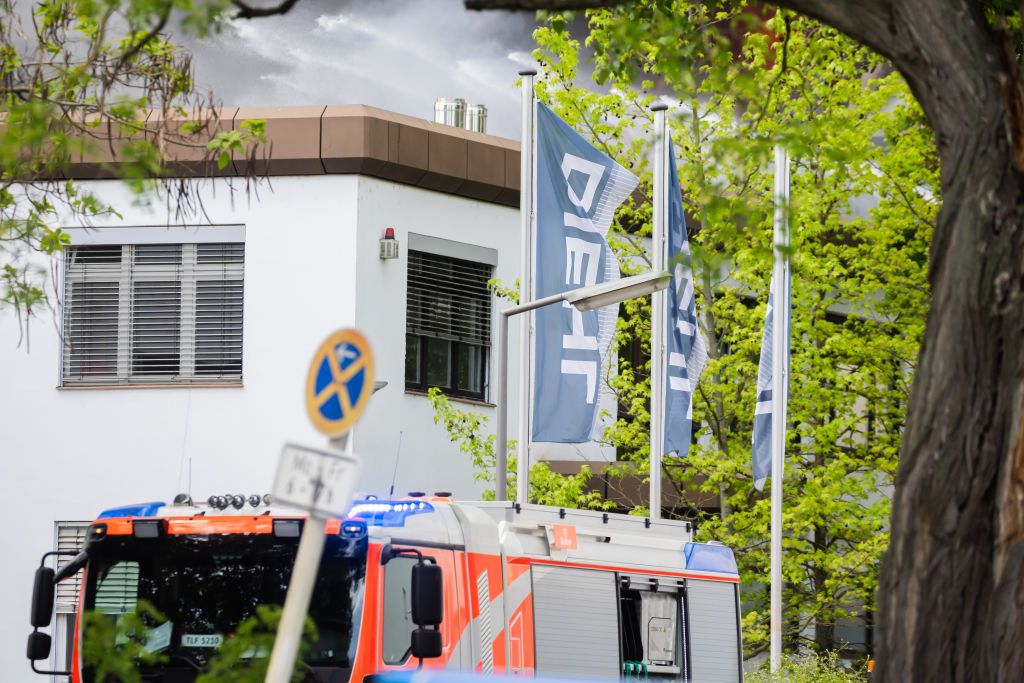The Wall Street Journal reported on an arson attack on a factory in Berlin owned by German metal manufacturer Diehl, a subsidiary of the Diehl group that produces defense systems used by Ukraine. The factory, which was not involved in creating military equipment, caught fire in May, leading to the destruction of much of the building. While initial investigations suggested that the fire was likely accidental, there were indications of possible sabotage. Unnamed security officials cited by the WSJ pointed to Russian involvement, with details in the investigation indicating the work of “experienced professionals.” Electronic-communications intercepts that provided evidence of Russia’s involvement were reportedly not admissible in German courts, hindering efforts to clearly attribute the attack.
Western intelligence officials have issued warnings about increasing Russian sabotage operations across Europe. Several suspects have been arrested in Germany, Austria, Estonia, and other countries in recent months for allegedly spying for Russia or collaborating with Russian intelligence. This trend highlights the broader concern about Russian interference and subversion activities in various European countries. The FT reported on Russia’s alleged plotting of ‘violent sabotage’ across Europe, with intelligence agencies raising red flags about the Kremlin’s involvement in such activities. The recent high-profile incidents of attempted sabotage have shed light on the ongoing threat posed by individuals accused of working on behalf of the Russian government.
The incident involving the arson attack on the Diehl factory in Berlin underscores the heightened tensions between Russia and Western countries, particularly in light of Russia’s military actions in Ukraine. The destruction of a factory producing defense systems used by Ukraine raises concerns about the targeting of facilities that are crucial for countries facing security challenges. While the factory in question has since resumed operations, the suspicions of Russian involvement in the arson attack raise questions about the motivations behind such actions and the implications for ongoing geopolitical dynamics in the region. The inability to present admissible evidence in German courts regarding Russia’s alleged involvement highlights the challenges in holding accountable those responsible for such acts of sabotage.
The broader context of Russian sabotage operations across Europe signals a growing need for heightened vigilance and enhanced security measures to counter such threats. The collaboration between Russian intelligence and individuals involved in espionage activities further underscores the multifaceted nature of Russia’s subversive efforts and the complexities of addressing these challenges. As Western intelligence agencies continue to monitor and investigate cases of suspected Russian interference, the urgency of bolstering defenses against sabotage and espionage becomes increasingly apparent. The series of arrests in various European countries related to alleged collaboration with Russian intelligence points to the widespread scope of the threat posed by Russian activities aimed at destabilizing security and political landscapes.
In light of the escalating tensions and incidents of suspected sabotage, there is a pressing need for international cooperation and coordination to address the threats posed by Russian interference. Strengthening diplomatic efforts, intelligence-sharing mechanisms, and cybersecurity capabilities can help mitigate the risks associated with Russian sabotage operations and espionage activities. By fostering a united front against such threats, countries in Europe and beyond can work towards greater resilience and preparedness in countering external attempts to undermine security and stability. The recent reports on Russian involvement in sabotage incidents serve as a stark reminder of the ongoing challenges posed by hostile state actors and the imperative of collective action to defend against such threats.


